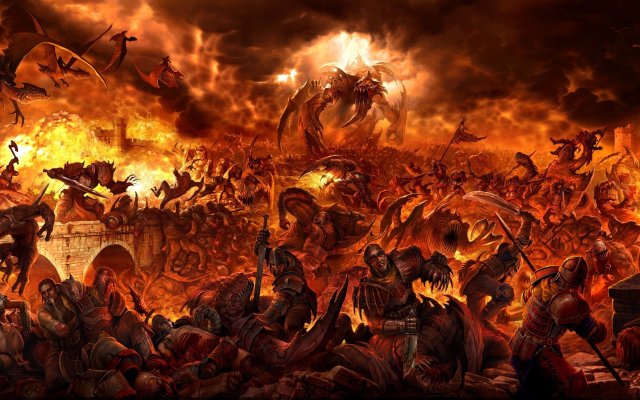Everyday, whatever we do falls into three categories.
One, the kind of things that we are proud of or the things that we think will make us look cool. These are the things that we blast out to our followers on social media.
Two, the kind of things that pretty much everyone around us does. This is the mundane stuff. There is nothing special about these things. And these are the ones that we don't go out of our way to share with others.
Three, the kind of things that we aren't proud of, maybe even ashamed of. These are the things that we wouldn't want anyone to find out even if they specifically come looking for it with a big magnifying glass.
In a conversation today with some people about how ethical should one be about what they do, a gem of a line was mentioned. The conversation was in the context of companies and what they do. Like Uber introducing a surge price when it begins to rain or when the battery is low, or Google reading our emails to target us better with ads.
And the line was in response to where one should draw the line that shouldn't be crossed.
Here goes, "If what you are doing is leaked to The Guardian tomorrow, would you be facing a PR disaster?" And the argument was that the line should be drawn such that one is on the right side of it and not end up facing a PR disaster should The Guardian (or any other media house) find out about what exactly is going on.
At this point, I thought about how the concept of hell and God being omnipresent must have taken birth. "If God (the Guardian) found out what you're doing, would you end up going to hell (facing a PR disaster)?"
Companies can weigh the probabilities of the media finding out what they do. So can you and I. The way to circumvent people making decisions based on statistics and probability was to make God omnipresent (and if you're in China, the government).
We may not fear hell, but we still fear bad PR. So we now operate on probabilities.
We only do certain things in the third bucket, and these are ones where the cost of bad PR at the probability of being exposed doesn't outweigh the benefit of carrying out the act at the probability of not being exposed.
Do you want to keep doing the math or only do things that would never attract bad PR?





CONVERSATION